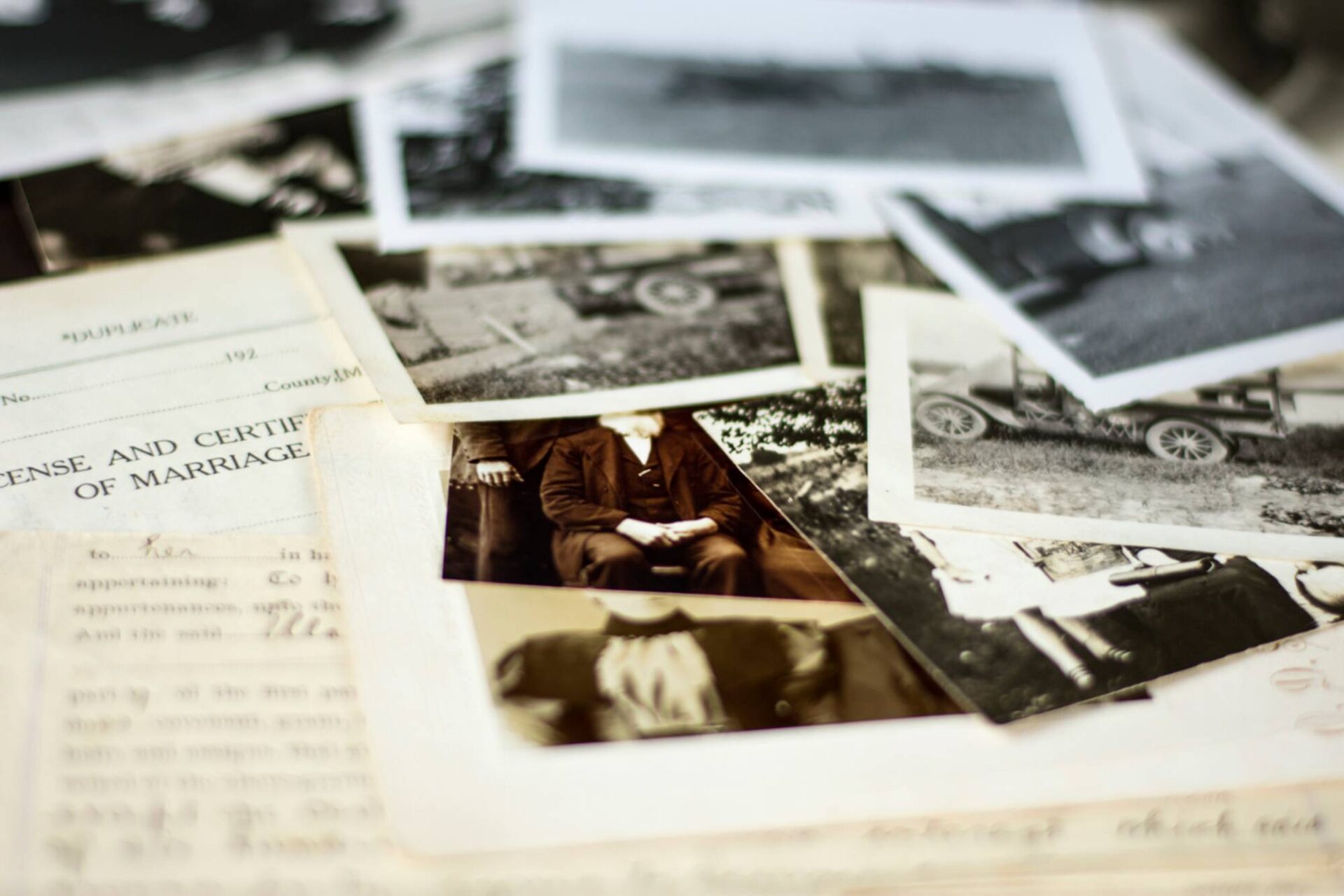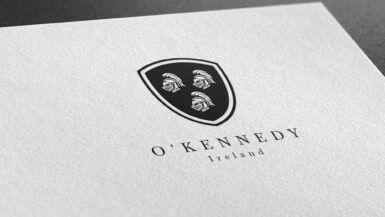The Baxter surname, with its rich historical significance, stands as a testament to the cultural tapestry of Ireland. This exploration delves deep into the origins, migration, and historical context of the Baxter family name, underscoring its influence from an Irish historical viewpoint.
The Baxter family name, though not originally Irish, found its place in the annals of Irish history. Its roots are traced back to the Old English term “bæcestre,” meaning a female baker. Initially, the term was occupational, signifying individuals who were bakers by trade. As surnames became a necessity for tax purposes in medieval times, trades often became family identifiers, passing from one generation to the next.
Occupation Turned Surname
During the early Middle Ages, it was common for surnames to reflect one’s occupation. People known for baking, traditionally women in many regions, were often called ‘Baxters.’ This occupational surname later became ‘Baxter’ for men, illustrating the evolution of vernacular and social norms.
Etymology and Meaning
“Baxter” is derived primarily from the Old English “bæcestre,” a term for a baker. The transformation of this word over centuries involved linguistic and cultural assimilations, particularly during the Anglo-Saxon settlement of Britain.
Linguistic Influences
As Old English evolved, many terms were masculinized, leading to the adoption of “Baxter” as a common surname beyond its feminine origins. The shift reflects broader linguistic patterns where occupational surnames were often normalized to masculine forms, irrespective of the bearer’s gender.
Earliest Known Usage
Historical records suggest the earliest individuals adopting “Baxter” as a surname did so in medieval England. The first known written instance is in the early 13th century, linked to an English individual, cementing “Baxter” as a feature of the era’s social fabric.
The First Baxters
The Baxters began as artisans within their communities. Early records, such as tax registers from medieval England, include references to individuals bearing the Baxter name, pointing to the surname’s longstanding presence.
Geographic Distribution
While initially more common in England and Scotland, the Baxter surname found its way to Ireland around the 15th century, primarily through various waves of migration.
Spreading Across Regions
In Ireland, the Baxter name first took root in Ulster, brought by settlers during the Plantation of Ulster. These settlers were part of efforts by the British Crown to establish control, leading to an enduring presence of the Baxter name in northern Ireland.
Original Geographic Location
The Baxter surname, before becoming a part of Irish history, originated from England. It spread across the British Isles, with notable populations in Scotland and, eventually, Ireland.
Establishing Roots in Ireland
When the Baxters arrived in Ireland, they established themselves as part of the local artisan class. Over time, their descendants spread to various counties, integrating with the native Irish and further enriching the cultural and social landscape.
Migration Patterns
The significant migration of the Baxter family into Ireland was influenced by several historical events, including the Anglo-Norman invasion and the Plantation of Ulster, which saw the movement of English and Scottish families into Ireland.
Influences of Political and Social Unrest
The Baxter family, like many others, moved in response to economic opportunities, political turmoil, or social unrest. These migrations contributed to the distribution of the Baxter surname across different Irish regions.
Historical Context
Understanding the Baxter family’s journey requires exploring the historical backdrop of their migration and settlement in Ireland, marked by colonization, rebellion, and cultural amalgamation.
Notable Historical Events
The Plantation of Ulster
The most significant event influencing the Baxter family’s migration was the Plantation of Ulster in the early 17th century. This deliberate colonization led to the confiscation of land from Irish nobles and its subsequent distribution to English and Scottish settlers, among them the Baxter families.
Involvement in Key Moments in History
Baxter family members, having established roots in Irish society, likely participated in notable historical movements and events, including the various Irish rebellions against British rule. Their involvement would have been shaped by their social status, local community allegiances, and personal convictions.
Notable Irish Bearers of the Surname
Throughout history, several individuals with the Baxter surname have made significant contributions to various facets of Irish life, from politics and academia to arts and sports.
Famous Individuals
- Ashleigh Baxter is particularly known for her accomplishments in rugby. She has represented Ireland on several notable occasions, making substantial contributions to the sport within the country.
Variations of the Surname
The surname “Baxter,” like many others, experienced several spelling variations over the centuries, reflecting the phonetic interpretations of scribes and regional dialectical differences.
Spelling Variations
Among the common variations are “Baxstar,” “Baxstair,” and “Baxtere,” with early records often showing multiple spellings within single documents, highlighting the fluidity of spelling conventions.
Regional Differences
In different parts of Ireland, the Baxter surname adapted to local dialects, resulting in unique pronunciation and slight deviations in spelling, further enriching its historical narrative.
Current Statistics and Distribution
Today, the Baxter surname is dispersed worldwide, with significant concentrations in the United Kingdom, the United States, and Australia, reflecting centuries of further migration.
Frequency and Global Distribution
In Ireland, the Baxter name is most prevalent in northern counties, reflecting the historical settlement patterns of the 17th century. The global diaspora, especially during the 19th and 20th centuries, has spread the name far beyond, making it a shared heritage of numerous nations.
Changes Over Time
The dynamics of the Baxter surname, including its frequency and social relevance, have evolved. While once indicative of an occupation, it is now a point of familial identity, with bearers contributing to various sectors of modern society.
Family Coat of Arms
While the Baxter family’s coat of arms varies among different branches, common elements often include symbols of wheat or bread, reflecting the name’s occupational origin. The coat of arms serves as a historical emblem representing familial unity and shared heritage.
Symbolism and Significance
The elements of the Baxter coat of arms symbolize prosperity, diligence, and the nurturing of community, echoing the ancestral trade of baking. These symbols serve as reminders of the family’s journey through history and their foundational role within their communities.
In conclusion, the Baxter family name embodies a journey from occupational origins to a rich cultural narrative within Ireland’s history. It speaks of migration, settlement, and integration, and of a legacy interwoven with the historical tapestry of Ireland and beyond. Each bearer of the Baxter name contributes to its ongoing story, a testament to endurance, evolution, and identity.






Leave a reply